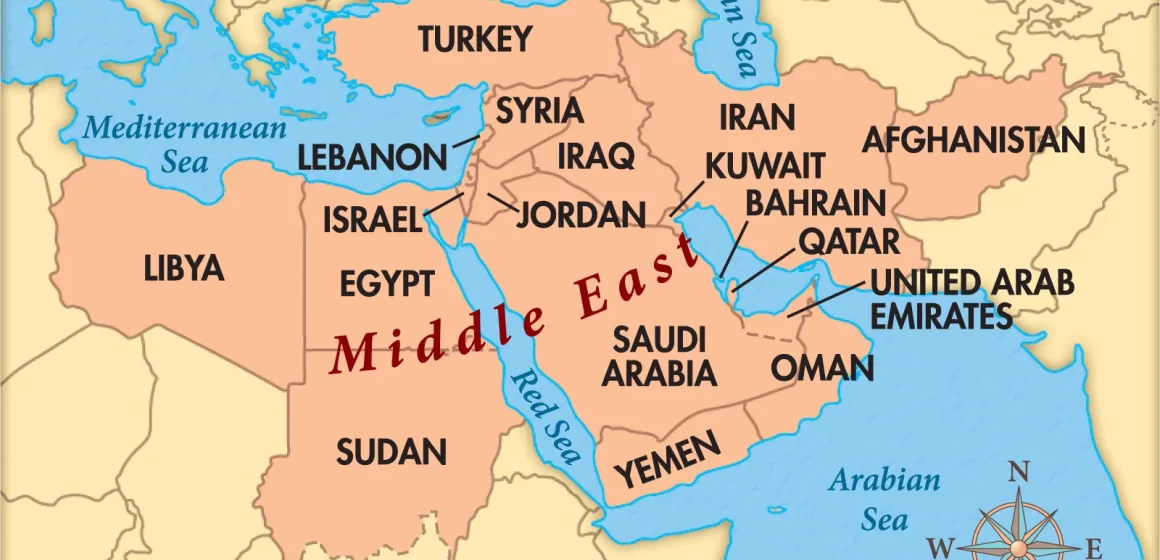|
LISTEN TO THIS THE AFRICANA VOICE ARTICLE NOW
Getting your Trinity Audio player ready...
|
News about Kenyans dying under suspicious circumstances in the Middle East has dominated the airwaves in the past month. But few solutions have emerged to what has emerged as a security problem for Kenyans seeking employment opportunities in the Middle Eastern nations.
Last year, Kenya’s Ministry of Labor estimated at least 93 Kenyans, most of them domestic workers, died in the previous 3 years while working in the Middle East.
Most of the deaths occurred in Saudi Arabia in what many have deemed to be under suspicious circumstances.
According to a Voice of America (VOA) report, foreign affairs Principal Secretary Macharia Kamau said last September that all the Kenyan deaths in Saudi Arabia since 2019 were suspicious.
“We have compared the deaths, so it’s not possible that you have three deaths in Qatar, one in UAE, two in Kuwait, nine in Oman, two in Bahrain, and you have 40-50 in the other country because the number may be larger, but they are not that larger. It’s not possible that these young people are all dying of cardiac arrest,” Kamau said according to the VOA report..
According to media reports, cardiac arrest has been the leading cause of death listed on death certificates for most Saudi Arabia fatalities. But in most cases, relatives have found the reason hard to accept as some of the bodies come with unexplained deep wounds that suggest the victim may have been murdered.
News about Africans losing their lives in the Middle East is nothing new, but the inaction to ensure immigrant workers’ safety is unacceptable. Kenya does not seem to have a sound policy to protect its migrant workers.
Workers’ fate appears to be at the hands of the employers and the for-profit recruiters, who may be unable to help them if they are caught up in an abusive domestic environment.
According to a Global Fund to End Modern Slavery (GFEMS) survey of Kenyan Migrant workers in the Gulf Cooperation Council countries published in December 2021, 98 percent of the Kenyan migrant labor population reported experiencing workplace violations.
The student recommended both government to work together and come up with plans to screen potential workers, educate them on avoiding trafficking prone labor sectors or employers and providing pre-departure training.
While such interventions might create awareness about what to do when faced with an abusive migrant work environment, a more permanent answer lies in creating more job opportunities at home.






























LEAVE A COMMENT
You must be logged in to post a comment.